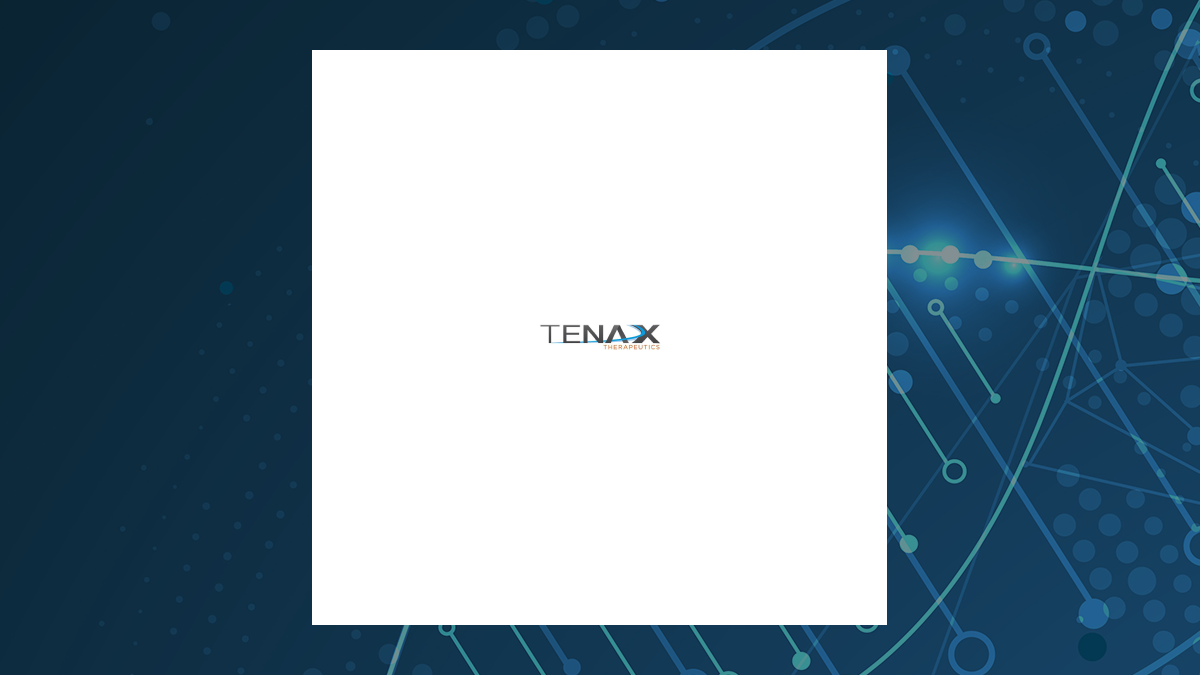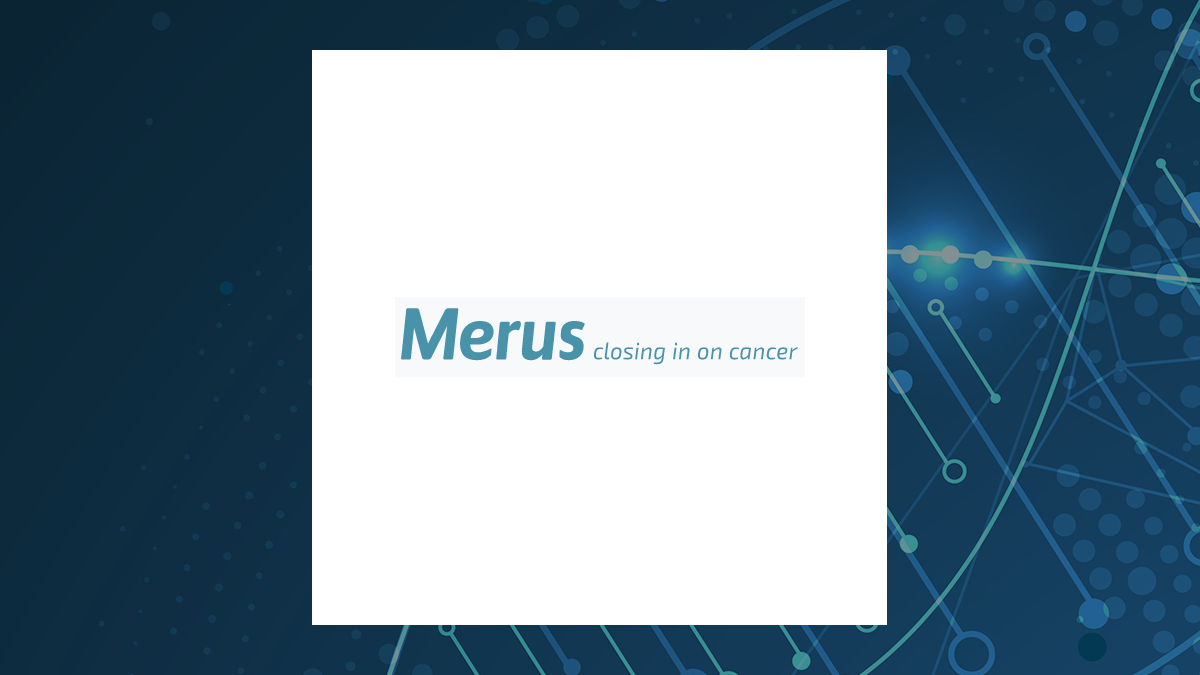Tenax Therapeutics (NASDAQ:TENX – Get Free Report) and Merus (NASDAQ:MRUS – Get Free Report) are both medical companies, but which is the superior investment? We will contrast the two businesses based on the strength of their risk, analyst recommendations, earnings, dividends, valuation, profitability and institutional ownership.
Profitability
This table compares Tenax Therapeutics and Merus’ net margins, return on equity and return on assets.
| Net Margins | Return on Equity | Return on Assets | |
| Tenax Therapeutics | N/A | -46.00% | -42.65% |
| Merus | -680.61% | -38.89% | -31.16% |
Institutional & Insider Ownership
1.7% of Tenax Therapeutics shares are held by institutional investors. Comparatively, 96.1% of Merus shares are held by institutional investors. 3.7% of Tenax Therapeutics shares are held by insiders. Comparatively, 4.6% of Merus shares are held by insiders. Strong institutional ownership is an indication that endowments, large money managers and hedge funds believe a company will outperform the market over the long term.
Analyst Recommendations
| Sell Ratings | Hold Ratings | Buy Ratings | Strong Buy Ratings | Rating Score | |
| Tenax Therapeutics | 0 | 0 | 4 | 1 | 3.20 |
| Merus | 0 | 0 | 12 | 2 | 3.14 |
Tenax Therapeutics currently has a consensus price target of $16.00, suggesting a potential upside of 172.11%. Merus has a consensus price target of $85.64, suggesting a potential upside of 99.94%. Given Tenax Therapeutics’ stronger consensus rating and higher probable upside, equities research analysts clearly believe Tenax Therapeutics is more favorable than Merus.
Risk and Volatility
Tenax Therapeutics has a beta of 2.21, meaning that its share price is 121% more volatile than the S&P 500. Comparatively, Merus has a beta of 1.07, meaning that its share price is 7% more volatile than the S&P 500.
Earnings and Valuation
This table compares Tenax Therapeutics and Merus”s top-line revenue, earnings per share and valuation.
| Gross Revenue | Price/Sales Ratio | Net Income | Earnings Per Share | Price/Earnings Ratio | |
| Tenax Therapeutics | N/A | N/A | -$7.71 million | N/A | N/A |
| Merus | $43.95 million | 66.72 | -$154.94 million | ($3.95) | -10.84 |
Tenax Therapeutics has higher earnings, but lower revenue than Merus.
Summary
Merus beats Tenax Therapeutics on 7 of the 12 factors compared between the two stocks.
About Tenax Therapeutics
 Tenax Therapeutics, Inc. develops and commercializes pharmaceutical products containing imatinib for the treatment of pulmonary arterial hypertension in the United States. The company develops TNX-101 (IV), TNX-102, and TNX-103 (levosimendan) that have completed phase II clinical trials for the treatment of patients with pulmonary hypertension associated with heart failure with preserved ejection fraction and associated pulmonary hypertension; and TNX-201 (imatinib), a tyrosine kinase inhibitor for the treatment of chronic myeloid leukemia. The company was formerly known as Oxygen Biotherapeutics, Inc. and changed its name to Tenax Therapeutics, Inc. in September 2014. Tenax Therapeutics, Inc. was founded in 1967 and is based in Chapel Hill, North Carolina.
Tenax Therapeutics, Inc. develops and commercializes pharmaceutical products containing imatinib for the treatment of pulmonary arterial hypertension in the United States. The company develops TNX-101 (IV), TNX-102, and TNX-103 (levosimendan) that have completed phase II clinical trials for the treatment of patients with pulmonary hypertension associated with heart failure with preserved ejection fraction and associated pulmonary hypertension; and TNX-201 (imatinib), a tyrosine kinase inhibitor for the treatment of chronic myeloid leukemia. The company was formerly known as Oxygen Biotherapeutics, Inc. and changed its name to Tenax Therapeutics, Inc. in September 2014. Tenax Therapeutics, Inc. was founded in 1967 and is based in Chapel Hill, North Carolina.
About Merus
 Merus N.V., a clinical-stage immuno-oncology company, engages in the development of antibody therapeutics in the Netherlands. Its bispecific antibody candidate pipeline includes Zenocutuzumab (MCLA-128), which is in a phase 2 clinical trials for the treatment of patients with metastatic breast cancer and castration-resistant prostate cancer, as well as in Phase 1/2 clinical trials for the treatment of solid tumors that harbor Neuregulin 1. The company is also developing MCLA-158, which is in a phase I clinical trial for the treatment of solid tumors; MCLA-145, which is in phase 1 clinical trials for the treatment of solid tumors; MCLA-129, which is in phase 1/2 clinical trials for the treatment of patients with advanced non-small cell lung cancer and other solid tumors; and ONO-4685 that is Phase 1 clinical trial to treat relapsed/refractory T cell lymphoma. In addition, it has collaboration agreement with Betta Pharmaceuticals Co. Ltd for the research and development of stage bispecific antibody candidates include MCLA-129; collaboration with Incyte Corporation for the development of MCLA-145; and collaboration with Gilead Sciences, Inc. to discover novel antibody-based trispecific T-cell engagers. The company was incorporated in 2003 and is headquartered in Utrecht, the Netherlands.
Merus N.V., a clinical-stage immuno-oncology company, engages in the development of antibody therapeutics in the Netherlands. Its bispecific antibody candidate pipeline includes Zenocutuzumab (MCLA-128), which is in a phase 2 clinical trials for the treatment of patients with metastatic breast cancer and castration-resistant prostate cancer, as well as in Phase 1/2 clinical trials for the treatment of solid tumors that harbor Neuregulin 1. The company is also developing MCLA-158, which is in a phase I clinical trial for the treatment of solid tumors; MCLA-145, which is in phase 1 clinical trials for the treatment of solid tumors; MCLA-129, which is in phase 1/2 clinical trials for the treatment of patients with advanced non-small cell lung cancer and other solid tumors; and ONO-4685 that is Phase 1 clinical trial to treat relapsed/refractory T cell lymphoma. In addition, it has collaboration agreement with Betta Pharmaceuticals Co. Ltd for the research and development of stage bispecific antibody candidates include MCLA-129; collaboration with Incyte Corporation for the development of MCLA-145; and collaboration with Gilead Sciences, Inc. to discover novel antibody-based trispecific T-cell engagers. The company was incorporated in 2003 and is headquartered in Utrecht, the Netherlands.
Receive News & Ratings for Tenax Therapeutics Daily - Enter your email address below to receive a concise daily summary of the latest news and analysts' ratings for Tenax Therapeutics and related companies with MarketBeat.com's FREE daily email newsletter.
